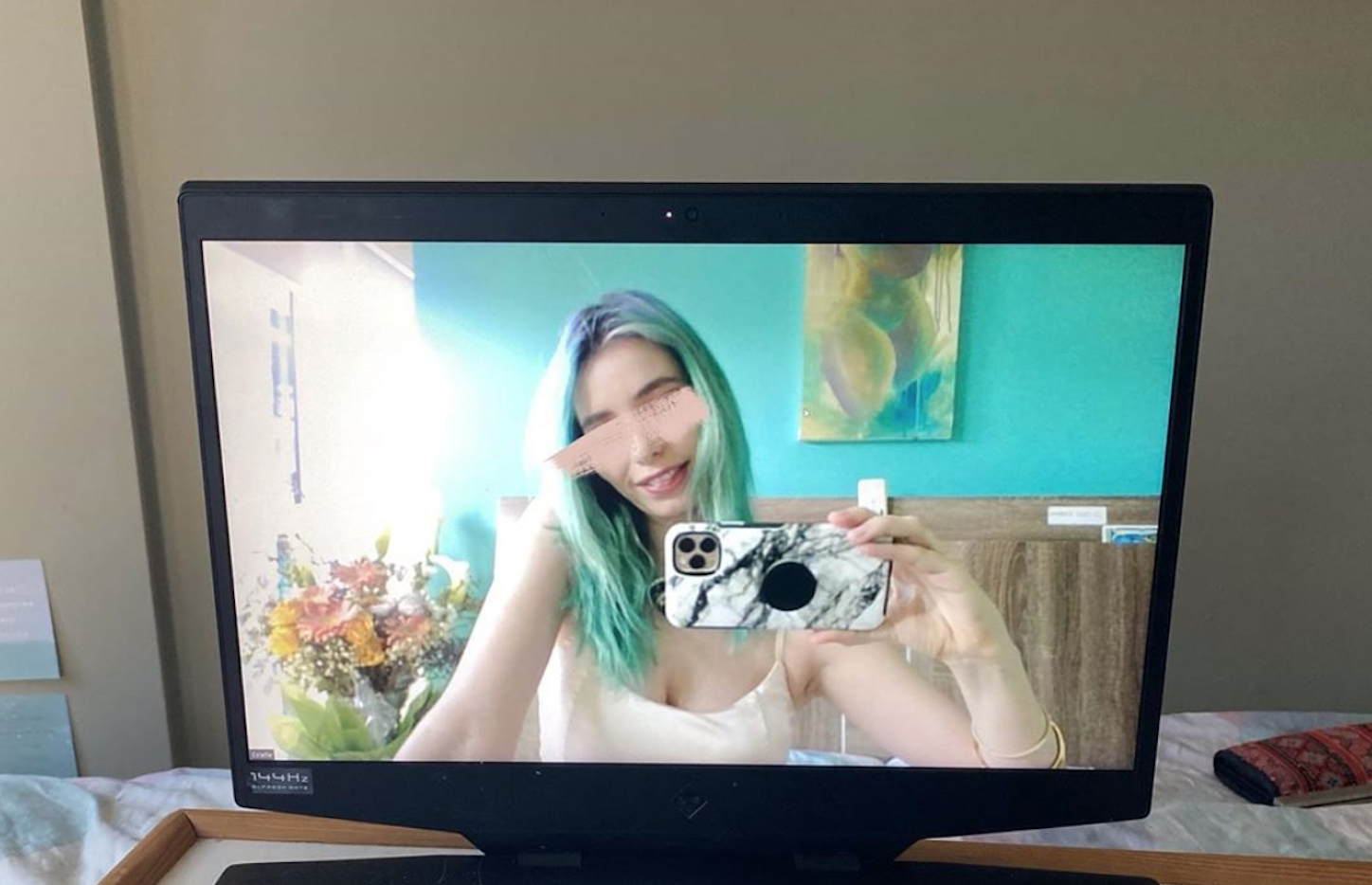Sex worker Estelle Lucas* has been at the sharp end of Covid-19. The nature of her job means she’s had to drastically rethink how she operates.
As the 29-year-old, who is based in Melbourne, explains:
“Obviously if sex work is your only source of income, as it is mine, then you have to adapt.”
While the entertainment and hospitality sectors have been vocal about the impact on people’s livelihoods of coronavirus restrictions, the sex work industry has also been badly affected.
In Melbourne, still struggling to emerge from its second wave, brothels have been shut since March. Sole operators had only a short window between waves in which to legally work.
Lucas, who has been in this line of work for 10 years, was able to apply for JobKeeper payments, but has still seen her income drop dramatically.
Initially, rather than sexual encounters, she offered socially distanced dates, usually involving a walk. These were popular, particularly with her regular clients, but became impossible once stage four restrictions were imposed in July.
New clients also appreciated being able to meet her and possibly forge a connection before booking her more traditional services down the track when that option becomes available again.
“It’s hard to maintain relationships [with regular clients] without bookings, so I just talk to the ether that is social media, just letting them know that I’m still around, I’m surviving,” she says.
Lucas has also been offering virtual dates over Zoom, but like many people she finds the platform quite challenging.
“I don’t offer anything sexual on screen, just because I’m not comfortable with it.
“I might make a few exceptions for people that I know but I find it hard to work on that medium,” she says.
With hers being a relationship-based industry, Lucas points out you can’t keep up a relationship if you’re not seeing people.
“The fire tends to dwindle.”
Messaging existing clients is not common practice, because of privacy issues. But that makes it difficult for her to maintain her regular client base for life after lockdown.

Lucas is not the only one finding this year tough. Dylan O’Hara, from the support group Vixen Collective, told the ABC that some sex workers were struggling financially because they had been unable to access JobKeeper or JobSeeker payments.
“Sex workers predominantly work as independent contractors, but because of the need for privacy … [and] to protect ourselves from stigma and discrimination, that produces a disincentive to out yourself to the government,” said O’Hara.
“It can make it difficult or even impossible to actually provide evidence of your prior earnings and financial records in order to access the urgent government support.”
Instead, many sex workers are having to rely on donations made through the national support organisation Scarlet Alliance.
Lucas has also dived into adult content creation, advertising a VIP membership through her site which is similar to the OnlyFans site, with a one-off fee of $150 for the first 100 members.
The content includes images, videos and stories that could be considered erotic but are not pornographic.
It seemed a natural step for Lucas, being a similarly adult-themed field. However, she says a sex worker’s skills are probably more akin to those of a therapist than a content creator.
Lucas has also been focusing on her other business, a website builder for sex workers.
*Not her real name


